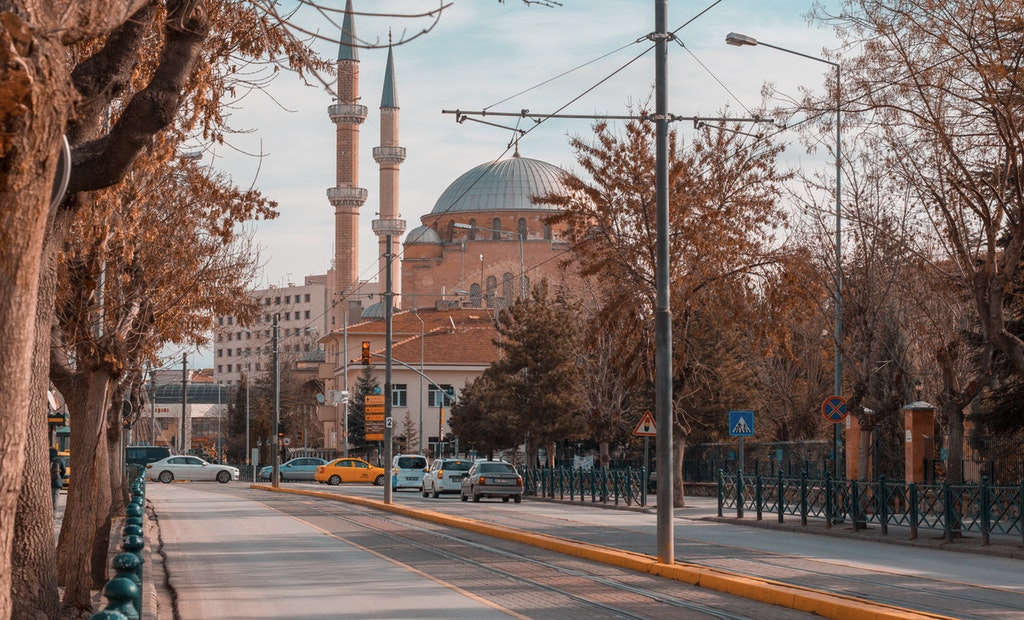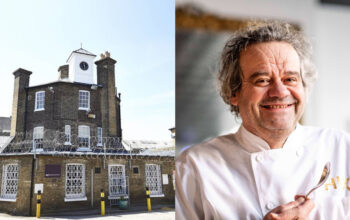Turkey and PKK agreement is closer than ever

The international media’s attention has again been focused on the decade’s old conflict between the Turkish government and Kurd separatists, since the killing of three PKK activists in Paris in January.
Many sources feared that the killings of Sakine Cansız, a founding member of the PKK, and fellow activists Fidan Dogan and Leyla Saylemez, would have undermined the talks that are in progress between PKK imprisoned leader Abdullah Öcalan and Turkish government officials. This time the Turkish government seemed really motivated to solve the almost 30-year-long conflict, which has claimed over 40,000 lives.
Reem Nasr, on polymic.com, reported that according to unconfirmed reports the talks would follow a four-step process to end the conflict: “ceasefire; approval of a judicial reform package that will release thousands of imprisoned Kurdish activists/politicians and the withdrawal of PKK members beyond Turkey’s borders; democratisation talks; and finally disarmament.”
The reciprocal blame for the killings bouncing back and forth between Turks and Kurds has clearly shown that someone is not happy with the progress of the negotiations. Turkish Prime Minister Recep Tayyip Erdoğan declared to the press that an internal Kurd feud is behind the killings. On the other end, many Kurdish activists believe the killings could have been planned and executed by the ultra-nationalist Turkish group, known as “The Deep State”, plotting against their efforts for independence.
On 17th January, thousands of mourners gathered in the Turkish Kurdistan capital of Diyarbakir for the funerals of the three PKK women activists killed in the centre of Paris. The circumstance represented the first big challenge for the continuation of the peace talks with Mr Öcalan. The funerals ran incredibly smoothly, without incidents or arrests, but peace remains an elusive goal.
These talks trigger two incredibly important questions. The first one is why the Turkish government seems so determined to reach an agreement with the PKK this time, despite endless attempts miserably failed in the past?
The Turkish Prime Minister, who is serving his third and final term as PM, is courting nationalist votes to attempt Turkish presidential election in 2014. However, according to many observers, his political future is deeply linked to fixing Turkey’s stickiest problem.
Peace and Democracy Party (BDP) members have embraced a truly conciliatory tone on the topic. Mr Hasip Kaplan, a BDP MP, said: “Erdoğan is serious about peace this time.” He then added that Erdoğan’s presidential ambitions play only a part in the “Kurdish Opening”, but the need to disarm the PKK comes also from the dramatic changes rocking Turkey’s neighbours.
Developments in Syria, where President Bashar Assad gave control last June of a string of Kurdish towns to a PKK ally, the PYD, have prompted fears that the PYD will point its guns at Turkey. As a consequence, part of the agreement with Abdullah Öcalan is the option for PYD and fellow Kurdish groups to join the Syrian opposition. Moreover, PKK fighters would withdraw from bases in northern Iraq and would lay down their arms.
The Turkish government said Mr Öcalan disavowed previous calls for regional autonomy for the Kurds, including the right to their own militia army. On the other end, thousands of Kurdish prisoners will be freed, and PKK fighters untainted by violence will get amnesty and constitutional articles prohibiting education in the Kurdish language would be scrapped.
A final concession would be the improvement of Mr Öcalan’s conditions of internment. For the finalisation of the agreement, the parties set a deadline in May.
With the word of Şahismail Bedirhanoğlu, president of GUNSIAD, the largest Kurdish business association: “Erdoğan has come to realise that unless he makes peace with his own Kurds, Turkey cannot become the regional superpower it aspires to be.”
The second question raised by the progress of peace talks is whether Mr Öcalan would get the agreement of all his fighters. The Kurdish movement has been known since the very beginning for being formed by several clans and factions. The risk would be that unless BDP and PKK commanders are given a say, they might be against any agreements with the government showing a weaker and fragmented PKK.
This concern, however, does not take into account the surge of ethnic nationalism among 30 million Kurds living in Turkey and mainly abroad.
The Kurds are considered one of the largest ethnic groups in the world without their own state. They mostly live in a region often referred to as Kurdistan, which stretches across the borders of Iran, Iraq, Syria and Turkey, with a large majority within Turkish borders.
For most of the 20th century, the Turkish government refused to recognise the Kurdish population and referred to its citizens of Kurdish descent as “mountain Turks” instead. The Kurds were unable to speak their own language publicly until the late 1990s, but there are still restrictions in the Turkish constitution limiting the use of the language in public and when in political institutions.
Annalisa Ratti

























Facebook
Twitter
Instagram
YouTube
RSS